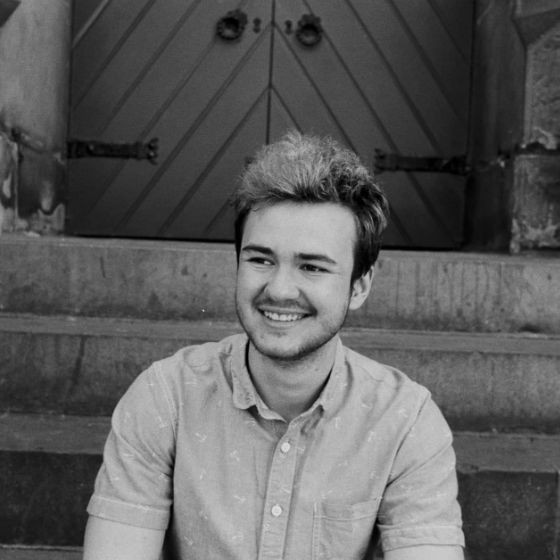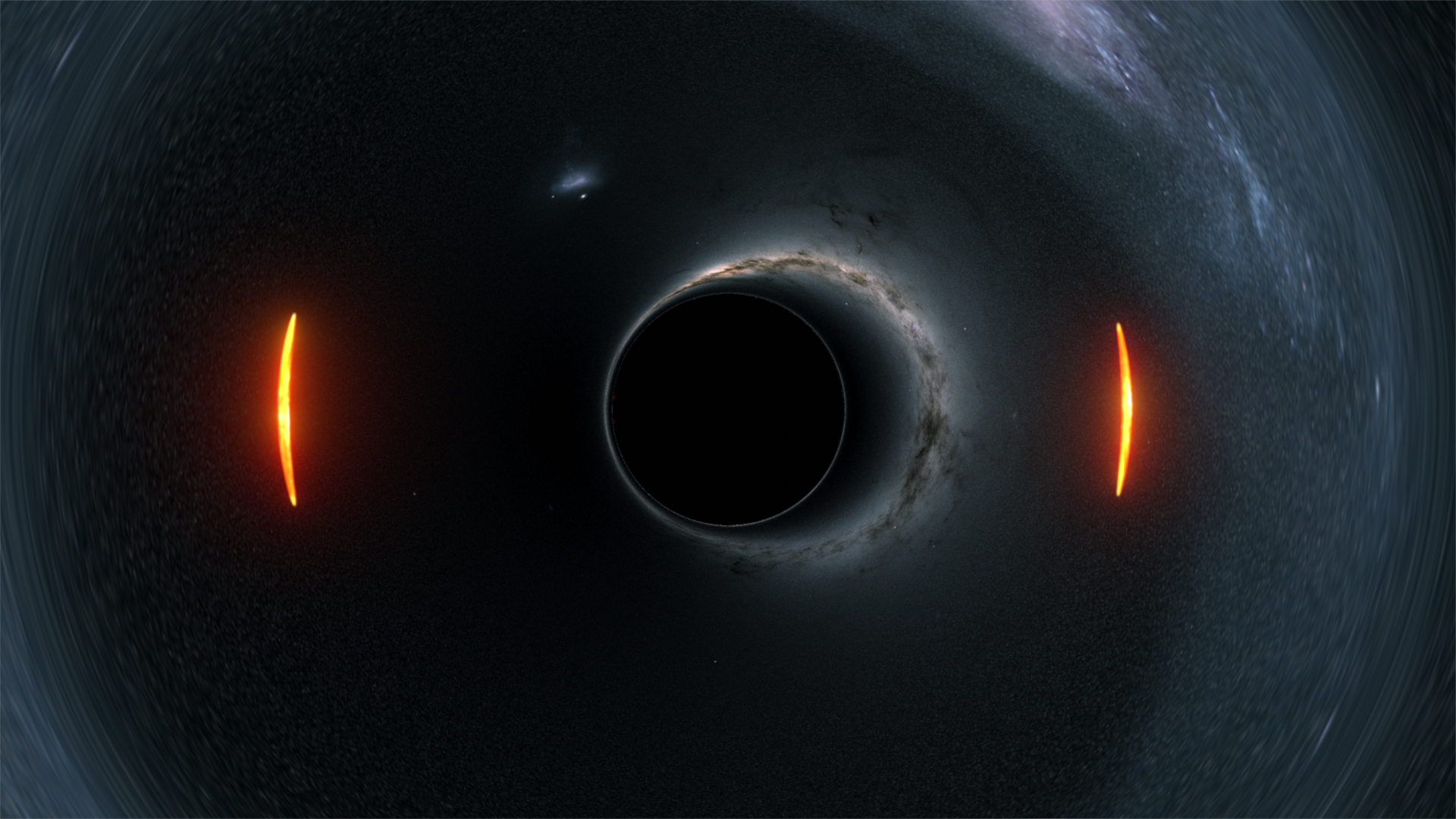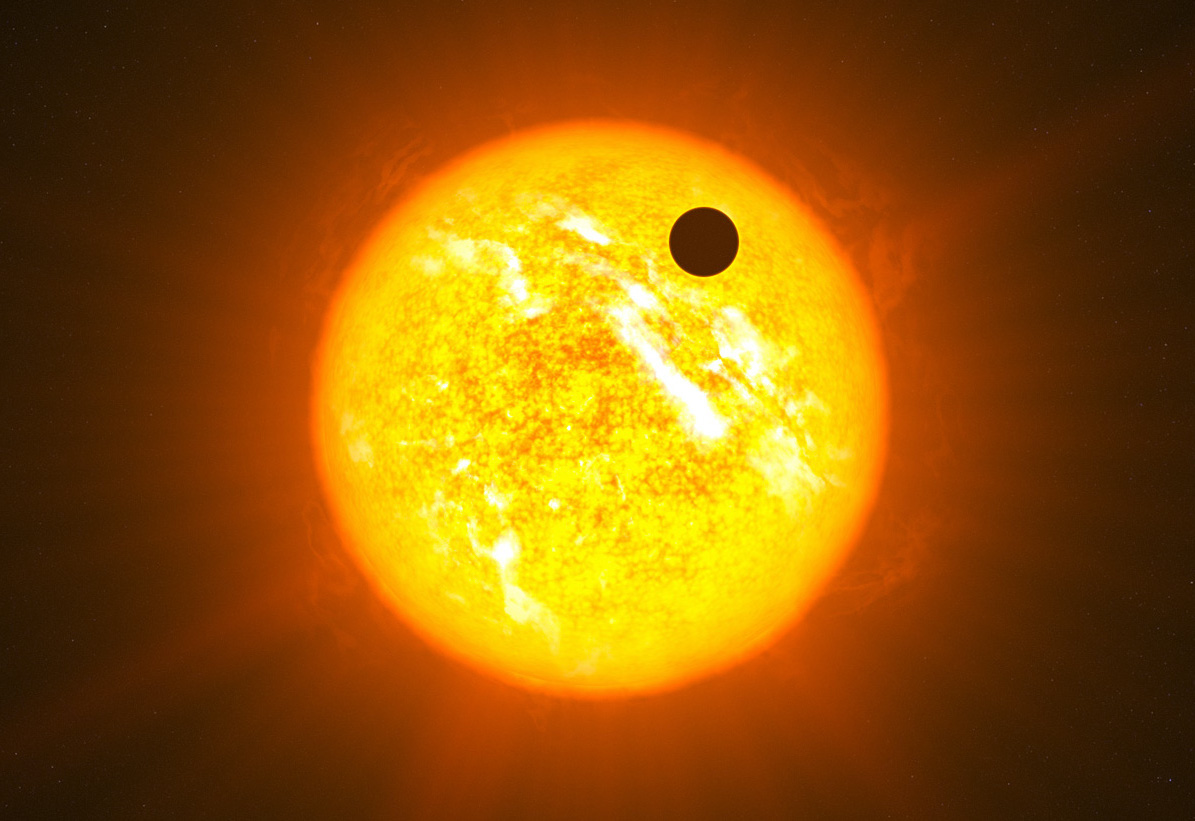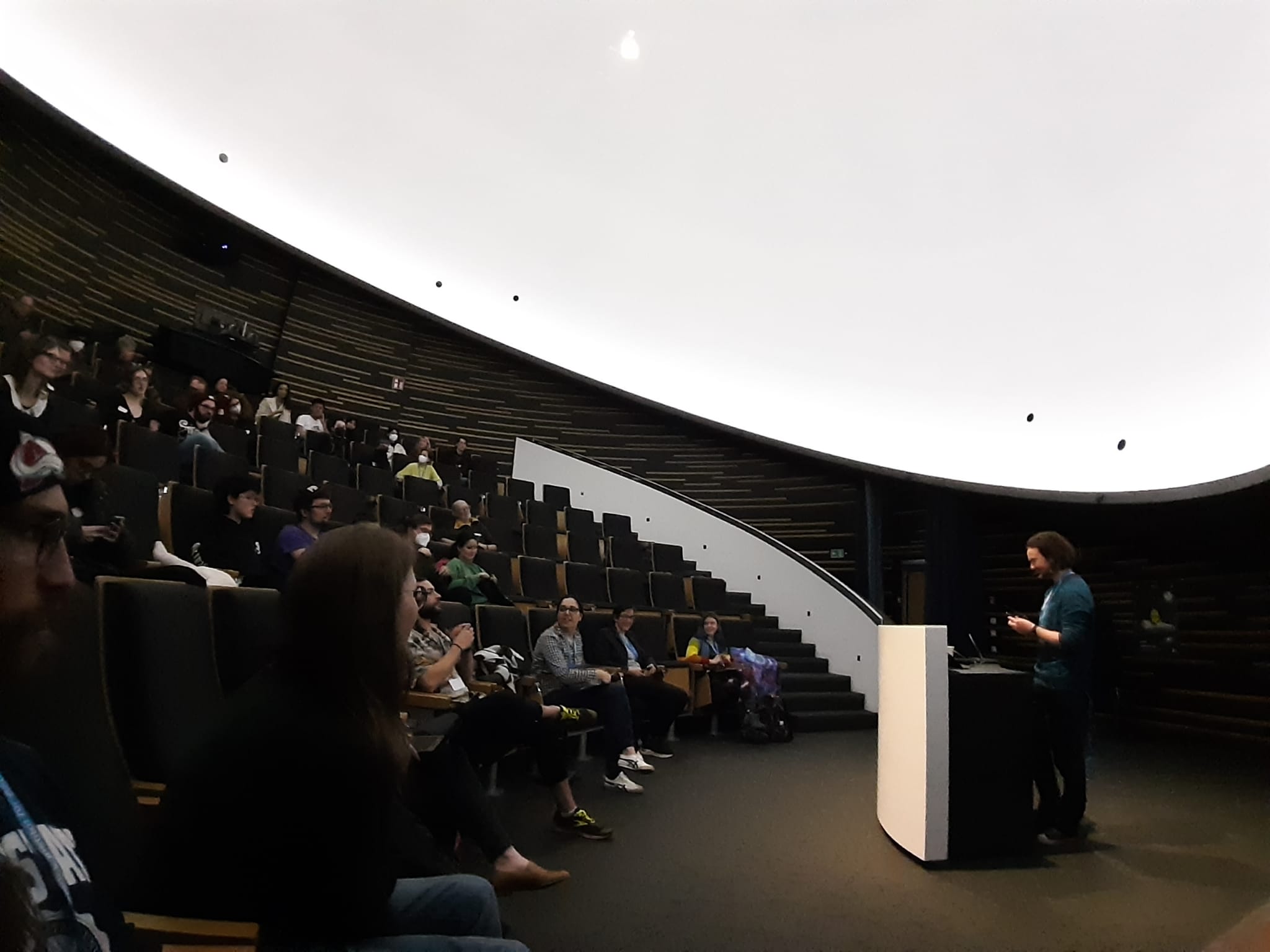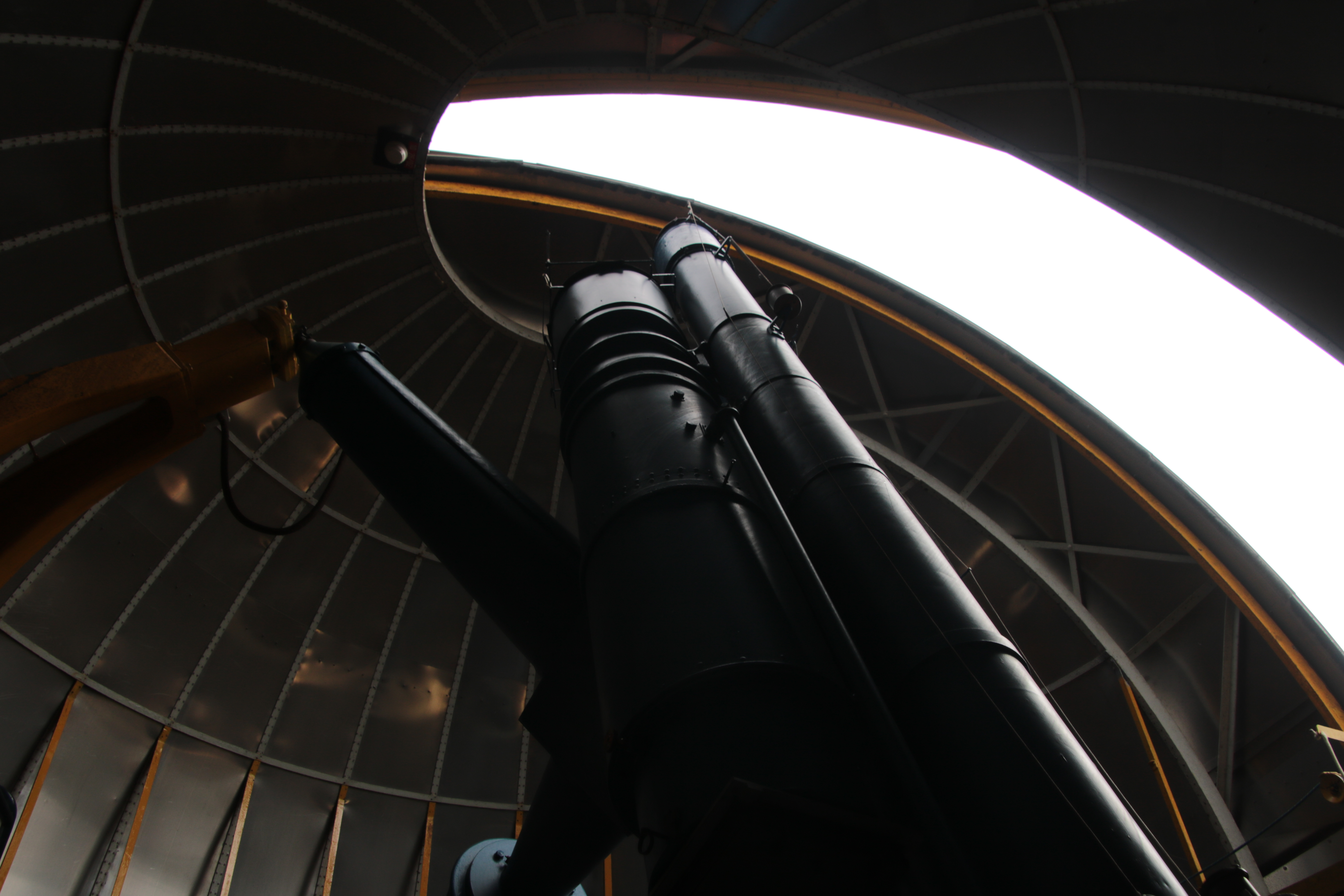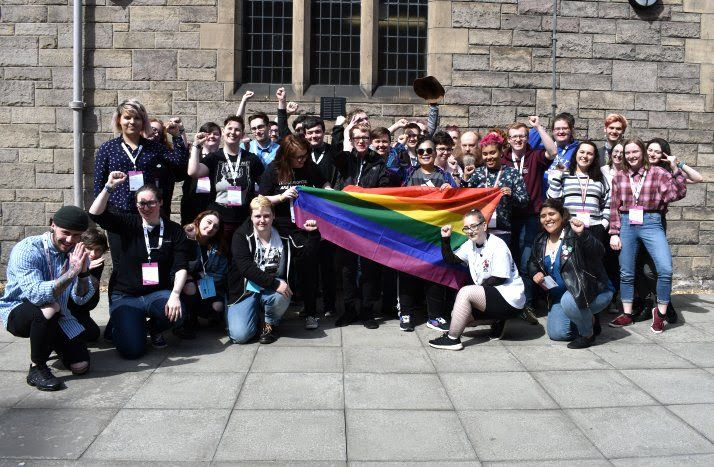About Me
Hello! I am Rhys Seeburger, also known as Luzian, and I am an IMPRS PhD Student at the Max Planck Institute for Astronomy in Heidelberg, Germany, in the group of Hans-Walter Rix. I previously completed my MPhys in Astrophysics at the University of Edinburgh, Scotland, in 2021. My current work focuses on the detection and eventual characterisation of dark objects (such as non-accreting black holes) in the Milky Way Galaxy. As such, I (plan to) use spectroscopic, astrometric and photometric data to comprehensively search our home galaxy for these fascinating objects. Our goal is to learn more about the final stages of stellar evolution, especially for stars in multiple systems.
I care a lot about Astronomy as a diverse and inclusive discipline, and as such am very engaged in Outreach and Activism. If you have ideas on how we can make the field more accessible, or even just tell the public about what we do, and want to collaborate, feel free to drop an Email.
Interests
- Binary stars & Stellar evolution
- Spectroscopy
- Equity, Diversity and Inclusion
- Outreach and Teaching
Skills
- Python (Intermediate), Julia, Bash, C++, ADQL (Beginner)
- Matplotlib, Pandas, Numpy, Scipy, Scikit-learn, PyTorch
- VSCode, git, conda, WSL, Docker
Research
- All
- PhD
- UGrad
Recent Publications
ADS Search
Arxiv Search
| h-index: 8 | |
|---|---|
| 17 | refereed publications |
| 0 | publications from large collaborations |
| 0 | other publications |
| 515 | citations (from non-collaboration papers) |
View all publications
Showing 5 most recent non-collaboration articles from ADS
2026
- "The physical properties of post-mass-transfer binaries"
Seeburger, R., Rix, H.-W., El-Badry, K., Müller-Horn, J., Dimoff, A. J., Henneco, J., Villaseñor, J. I., 2026, Astronomy and Astrophysics, A146 [1 citations]
2026A&A...705A.146S - "Millions of main-sequence binary stars from Gaia BP/RP spectra"
Li, J., Rix, H.-W., Ting, Y.-S., Müller-Horn, J., El-Badry, K., Liu, C., Seeburger, R., Green, G. M., Zhang, X., 2025, Astronomy and Astrophysics, A126 [5 citations]
2025A&A...704A.126L
2025
- "Dormant BH candidates from Gaia DR3 summary diagnostics"
Müller-Horn, J., Rix, H.-W., El-Badry, K., Pennell, B., Green, M., Li, J., Seeburger, R., 2025, arXiv e-prints, - [5 citations]
2025arXiv251005982M - "A Spectroscopic Search for Dormant Black Holes in Low-metallicity Binaries"
Nagarajan, P., El-Badry, K., Reggiani, H., Lam, C. Y., Simon, J. D., Müller-Horn, J., Seeburger, R., Rix, H.-W., Isaacson, H., Lu, J. R., Chandra, V., Andrae, R., 2025, Publications of the Astronomical Society of the Pacific, 094202 [6 citations]
2025PASP..137i4202N - "Complex spectral variability and hints of a luminous companion in the Be star + black hole binary candidate ALS 8814"
El-Badry, K., Fabry, M., Sana, H., Shenar, T., Seeburger, R., 2025, The Open Journal of Astrophysics, 128 [4 citations]
2025OJAp....8E.128E
Talks
2022/2023
August 24th 2023
Hunting for Dark Companions
Stellar Astrophysics in the Era of Gaia, Spectroscopic, and Asteroseismic Surveys, Garching, Germany
July 12th 2023
Taking Spectral Disentangling to the Industrial Scale
EAS 2023, Krakow, Poland
March 1st, 2023
Hunting for Dark Companions
The Time Domain in the Era of Astronomical Big Data, WISE Observatory, Mitzpe Ramon, Israel
Nov 30th, 2022
Finding Black Holes that are actually Black
Galaxy Coffee, Max Planck Institute for Astronomy, Heidelberg, Germany
Nov 18th, 2022
Any Star could be a Binary
The Impact of Binaries on Stellar Evolution, Max Planck Institute for Astrophysics, Garching, Germany
May 12th, 2022
Disentangling Composite Spectra
IMPRS Seminar, University of Heidelberg, Heidelberg, Germany
2024/2025
August 29th 2025
Untangling binary stars with APOGEE spectra
Binary Stars in a New Era, Lijiang, China
June 5th 2025
Untangling binary stars with APOGEE spectra
SDSS-V Collaboration Meeting, Haus der Astronomie, Heidelberg, Germany
October 25th 2024
A detailed analysis of a sample of black hole impostoring post-mass-transfer binaries (invited)
Coffee talk, Royal Observatory Edinburgh, Scotland
October 23rd 2024
A detailed analysis of a sample of black hole impostoring post-mass-transfer binaries (invited)
Glasgow Astronomy Seminar, Glasgow University, Scotland
October 3rd 2024
A detailed analysis of a sample of black hole impostoring post-mass-transfer binaries (invited)
IvS Seminar, KU Leuven, Belgium
https://www.youtube.com/watch?v=a0TlI5aDLqY
July 22nd 2024
Black Hole Imposters
From discovery to a population; benchmarking stripped stars and companions, Leiden, Netherlands
July 18th 2024
A detailed analysis of a sample of black hole impostoring (post) mass transfer binaries
The Eventful Life of Massive Star Multiples, Liege, Belgium
July 2nd 2024
Autonomous Disentangling
GALAH Science Telecon
May 6th 2024
Black Hole Companions
GC Retreat 2024, Ringberg, Germany
February 23rd 2024
Spectral Disentangling for Large Surveys
Kansas University Spring seminar (remote)
Resume
Education
2021 - present
PhD Candidate in Astronomy
Max Planck Institute for Astronomy, Heidelberg, Germany
PhD project supervised by Hans-Walter Rix (MPIA) and Kareem El-Badry (CfA - Harvard Smithonian) on finding compact objects in binary systems in the Milky Way.
Python, Binary Stars, Compact Objects, Spectroscopy
2021
MPhys degree in Astrophysics
University of Edinburgh, UK
MPhys project with Catherine Heymans and Benjamin Giblin, using Convolutional Neural Networks to infer cosmological parameters from weak lensing shear maps.
Python, Cosmology, Weak Lensing, Machine Learning
2016
Matura, Sacre Coeur Wien
Vienna, Austria
High school diploma from Sacre Coeur Wien, Vienna, Austria. Graduated with 1.0 average (highest possible grade) in English, German, Mathematics, Physics and Informatics. Prescientific paper on the topic of "The Double Slit Experiment - Modern Quantum Physics" with a grade of 1.0.
Outreach Experience
Jun 2023 & Jun 2024
Explore Science Volunteer
Explore Science, Herzogenriedpark, Mannheim
Volunteering at the Explore Science event in Mannheim, Germany. I helped run the combined Max Planck Institute for Astronomy, Max Planck Institute for Nuclear Physics, and Haus der Astronomie stand, where we had a variety of hands-on activities for Astronomy fans of all ages.
2022 - present
Outreach Fellow
Max Planck Institute for Astronomy & Haus der Astronomie, Heidelberg, Germany
Conducting public outreach tours at the Haus der Astronomie, as well as supporting the staff at Haus der Astronomie with their outreach events.
Feb 2023
Organiser, OUTer Space
Haus der Astronomie, Heidelberg, Germany
Outreach event for LGBT+ people and allies, consisting of a planetarium show, tours of the telescopes, the stellar model, as well as talks from LGBT+ Scientists and Allies and a Q&A Panel.
Oct 2022
Visiting Scientist, Tag der Naturwissenschaften
Experimenta Science Center, Heilbronn, Germany
Large scale outreach event for the general public at the Experimenta Science Center in Heilbronn, Germany. I was interviewed about my studies and work as an Astronomer, answering questions from attending high school students.
Apr 2018
Science Communicator, Edinburgh Science Festival
Edinburgh, UK
Two-week long science communication event in Edinburgh, UK. I was responsible for explaining the science behind a variety of exhibits to the general public, primarily aimed at families with children.
Outreach
Publications
Talks
Janurary 2025
Schwarzen Löchern auf der Spur
Astronomischer Arbeitskreis, Pollichia Museum, Bad Dürkheim, Germany
October 2024
Schwarzen Löchern auf der Spur
Astronomie am Nachmittag, Planetarium Mannheim, Mannheim, Germany
May 2024
Mein Nachbar, das Schwarze Loch
Faszination Astronomie, Haus der Astronomie, Heidelberg, Germany
Oct 2023
Das nächstgelegene Schwarze Loch
MPIA Open Day, Heidelberg, Germany
